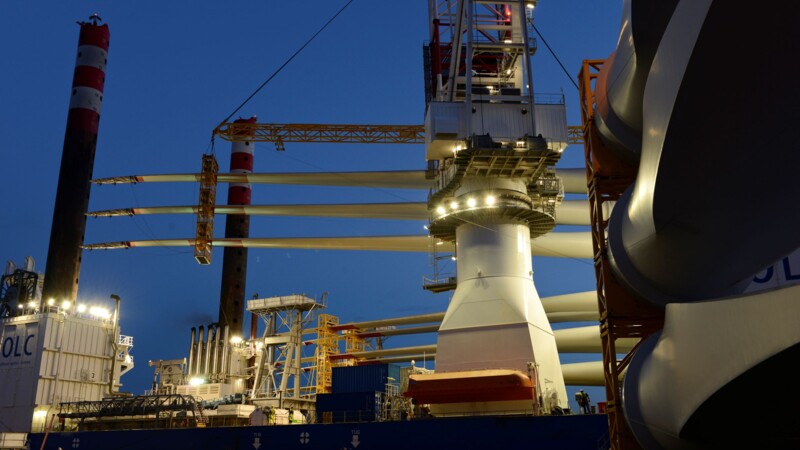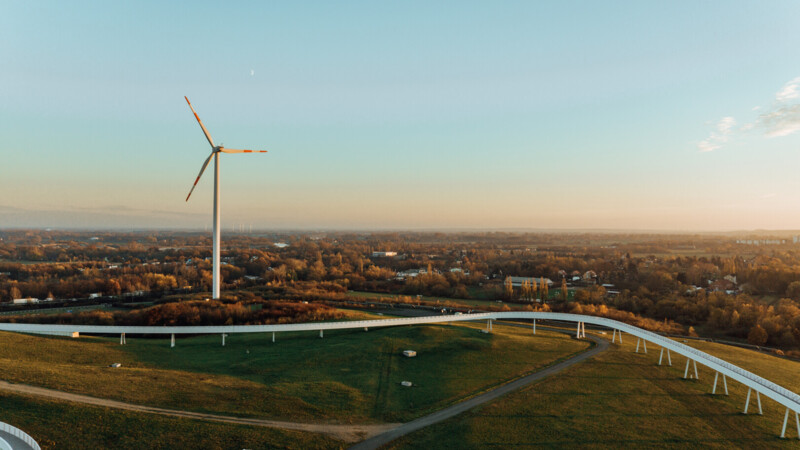Michael Lange, Head of TÜV NORD’s Validation and Verification Unit, said: “Validation involves assessing whether the intended use is plausible. Verification involves checking whether the assertions made by the manufacturer in retrospect were true and whether the desired results were achieved in practice.” Drones are now key to inspections by both established maintenance companies and startups. However, a uniform standard for assessing the quality of these procedures was lacking hitherto. To close this gap, TÜV NORD came up with its own standard called TN-P-V01-001, which is based on the requirements of the ISO 17029 standard for verification and validation bodies. “Based on our standard, we can also check statements about digital optimisation tools, measuring systems or mechanical attachments for wind turbines to see if they are plausible and truthful," Lange added.
TÜV NORD is using its new standard, TN-P-V01-001, to inspect wind turbines with drones and has completed the first verification for Deutsche Windtechnik, a press release said Friday (October 18, 2024). TÜV handed over the conformity assessment during the recent WindEnergy trade fair. This comes after the City of Hamburg reserved 0.5 per cent of state land for wind turbine sites in a bid to expand wind energy by late 2027.
Milestone for drones in wind energy
TÜV Nord standard advancing maintenance
TÜV Nord's standard ensures that drone-based inspections deliver reliable results and that potential cracks, erosion or bird strikes are detected early. Crucially, it does away with manual inspections and can be used to inspect rotor blades and lightning protection systems in particular. Deutsche Windtechnik's technology was validated in February.
Expanding wind energy in Hamburg is progressing
A functioning testing system is crucial to developing the wind energy sector. The proportion of electricity generated from renewable energy in Germany is set to double by 2030. Anselm Sprandel, State Councillor in the Ministry for the Environment, Climate, Energy and Agriculture, noted: "Decarbonising our energy supply is key to tackling the climate crisis and preparing Hamburg for the future. By expanding renewable energies, we are ensuring stable and socially acceptable energy costs for the public and companies." Wind energy will be expanded especially in sparsely populated regions like Altengamme and Bergedorf, the Ministry for the Environment said.
fw/kk/pb
Sources and further information
More
Similar articles

Ørsted now building two new offshore wind farms in North Sea

Energy crisis driving switch to renewables

Metropolitan region co-operating even closer on energy transition
